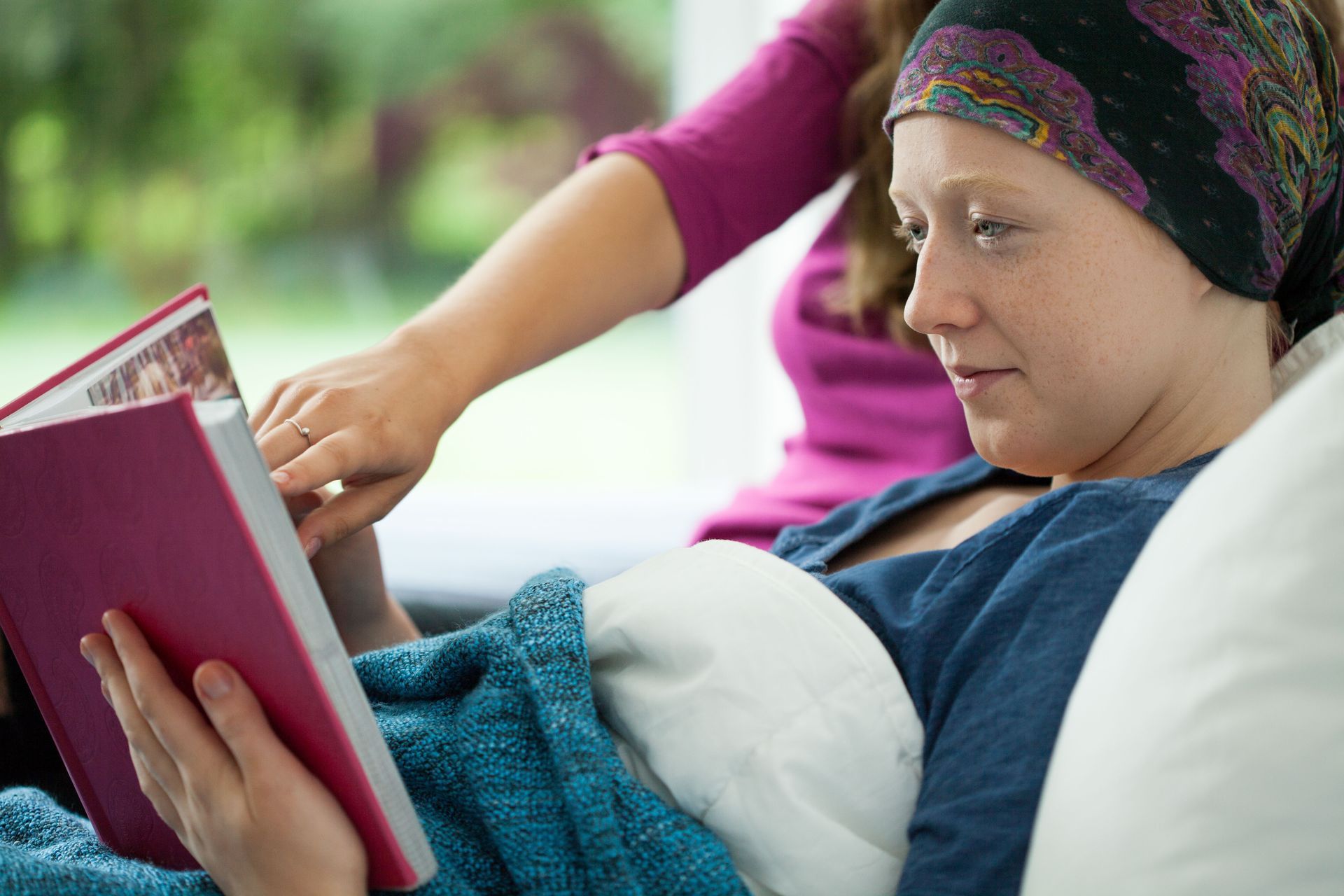Choosing the Best Skincare Products for Radiation and Chemotherapy Patients
A Guide to Gentle and Effective Skincare for Sensitive, Post-Treatment Skin
Cancer treatments like radiation and chemotherapy are often necessary—but they can have serious side effects on the skin. Many patients experience dryness, peeling, increased sensitivity, and irritation. Choosing the right skincare products can make a meaningful difference in how your skin feels and heals during treatment.
Understanding the Effects of Treatment on Your Skin
Both radiation and chemotherapy can lead to significant skin changes, but the type and severity of these effects often depend on the treatment method.
Radiation therapy typically affects the area where treatment is focused, causing localized symptoms such as:
- Redness and inflammation
- Dryness and peeling
- Heightened sensitivity to touch or sun exposure
Chemotherapy, which affects the body systemically, can result in:
- Widespread dryness
- Rashes or flaking
- Increased fragility and sensitivity of the skin
In both cases, the skin’s natural barrier becomes compromised, making it more vulnerable to irritation. A targeted skincare routine helps maintain skin health and supports healing.
What to Look for in Skincare Products During Treatment
When selecting skincare during or after cancer treatment, prioritize products that are:
- Fragrance-Free and Hypoallergenic
Fragrances and strong preservatives can trigger irritation. Look for products that are designed for sensitive or reactive skin. - Deeply Hydrating
Moisturizers containing hyaluronic acid, ceramides, or aloe vera help restore lost hydration and support skin barrier function. - Gentle and Non-Irritating
Cleansers should be non-foaming and sulfate-free to cleanse without disrupting moisture levels. - Healing and Protective
Ingredients like colloidal oatmeal, vitamin E, or calendula can help calm inflammation and promote recovery.
A Simple, Effective Skincare Routine for Cancer Patients
Consistency and simplicity are key when caring for post-treatment skin. Follow this basic skincare routine for optimal comfort and protection:
- Cleanse Gently
Use a fragrance-free, hydrating cleanser once or twice daily. Always rinse with lukewarm water and pat your skin dry. - Moisturize Frequently
Apply a rich, non-irritating moisturizer at least twice daily—or more often if your skin feels tight or flaky. - Protect from the Sun
Skin treated with radiation or affected by chemotherapy is more susceptible to sun damage. Apply a broad-spectrum SPF 30+ sunscreen and wear protective clothing when outdoors. - Support the Skin Barrier
Incorporate ceramide-based creams or healing balms to help rebuild and strengthen your skin’s natural defenses.
Specialized Skincare Solutions for Treatment Recovery
At Kureology M.D., we understand that cancer treatment doesn’t just impact your health—it affects your skin, too. Our formulations are developed with medical insight and compassionate care to meet the unique skincare needs of radiation and chemotherapy patients.
- Free of irritants and fragrances
- Formulated to support healing and hydration
- Recommended by healthcare professionals for sensitive, compromised skin
Whether you're just starting treatment or are in recovery, our products are designed to bring relief, comfort, and confidence to your daily routine.
Contact us for personalized care.





Share On: